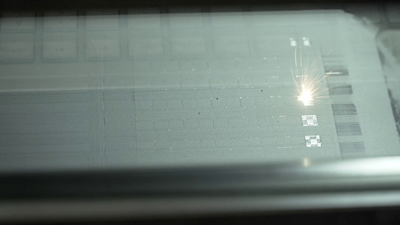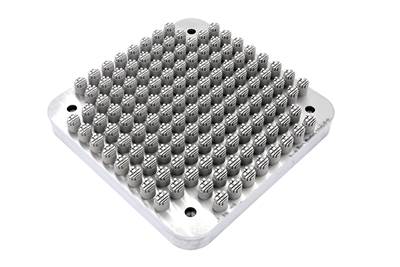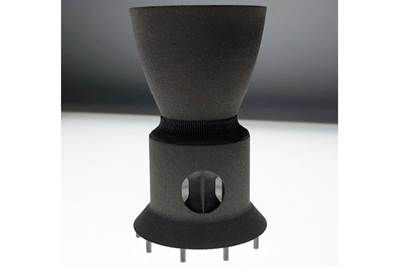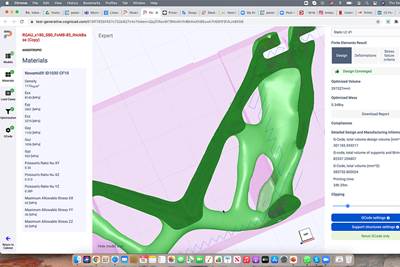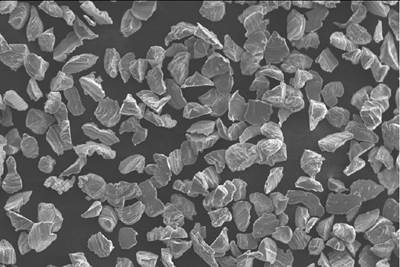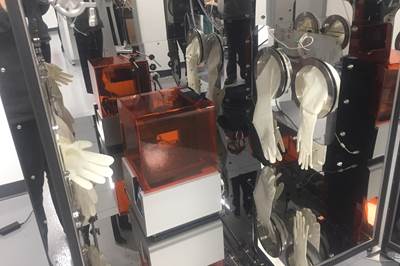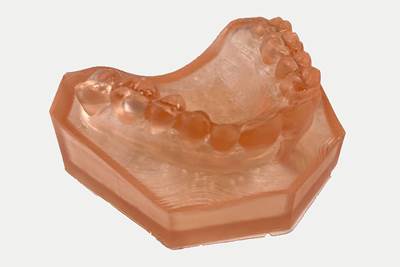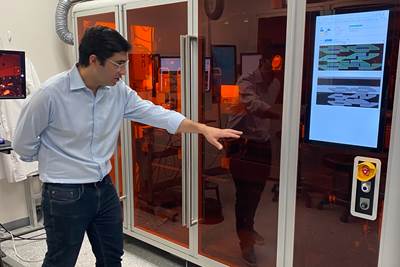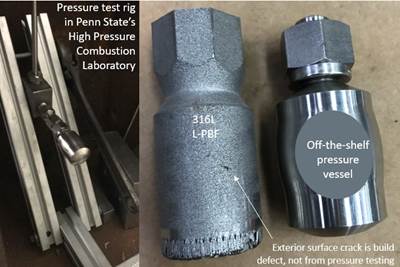Materials
Video: What Is Laser Powder Bed Fusion (LPBF)?
Laser powder bed fusion is likely the most widely used metal additive manufacturing process. Here is how it works, including benefits, issues to consider and applications for this 3D printing technology.
WatchZeiss, ORNL Developing X-Ray CT-Based Characterization for AM Parts
The new methodology is designed to rapidly qualify new alloys, powder materials and processes for printed parts and enable rapid certification and qualification of AM components.
Read More6K Launches Refractory Metal Powders for Additive Manufacturing
Production scale of high-value materials such as tungsten and rhenium enables advanced application capabilities in aerospace, defense and medical industries.
Read MoreCovestro, ParaMatters Jointly Develop Anisotropic Optimization Software
Software is designed to unlock the full potential of filament extrusion 3D printing with fiber-reinforced materials.
Read MoreAffordable 3D Printing Powders Made from Barstock, No Melting Required
DirectPowder, a proprietary technique from Metal Powder Works, transforms solid metal or polymer into 3D printable powder. The solution promises distributed production of both materials and parts, even in the field.
Read MoreVat Photopolymerization and VOC Emissions: Study Results and User Guidelines
New research conducted by Chemical Insights, part of Underwriters Laboratories, is studying volatile organic compounds (VOCs) and particles emitted by resin-style 3D printers. Here are what the results indicate and how to operate machines safely.
Read MorePostProcess Technologies’ Resin Removal Detergent Achieves Biocompatible Standard
Company says integral component of proven automated postprinting solution achieves new standard for use in medical and dental fields.
Read MoreExpanding Materials, Applications for Inkjet 3D Printing
Traditionally, the materials available for inkjet 3D printing have prevented the process from being used in production of end-use parts. But machine vision systems and AI are broadening the materials and applications for inkjet 3D printing.
Read MoreGenetic Engineering for Metal: The Promise of Microstructure Control via Additive Manufacturing
“To design the alloy, design the microstructure,” says this Ohio materials science startup. Artificial intelligence is helping to realize a design tool for determining the properties of 3D printed metals.
Read MoreAnother Giant Leap for AM — New Standards
Did anyone notice how many AM standards got approved during the pandemic?
Read More
